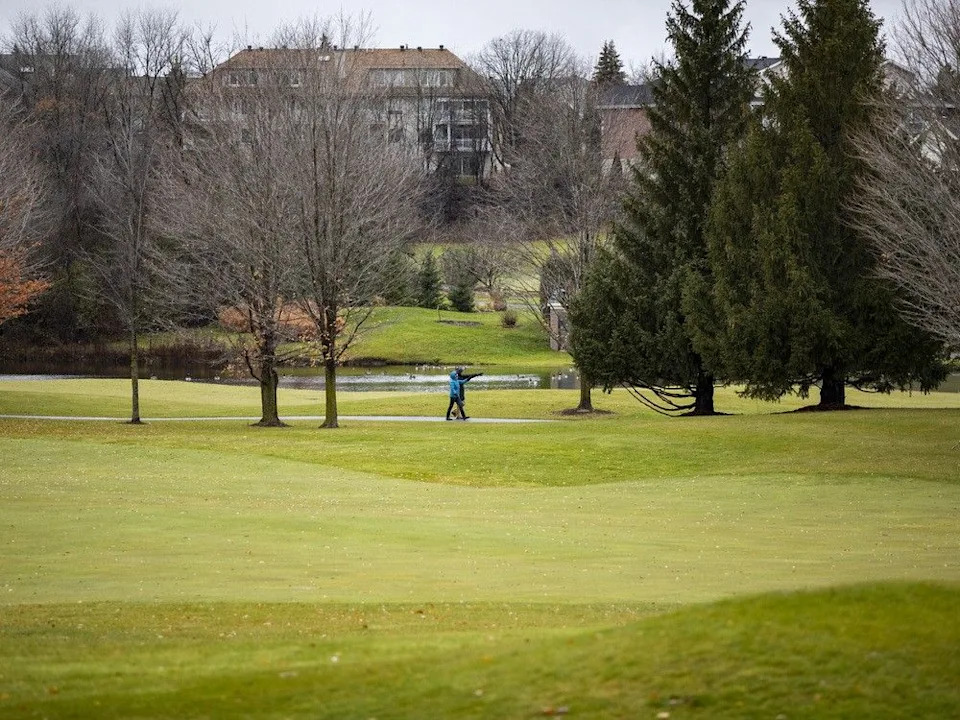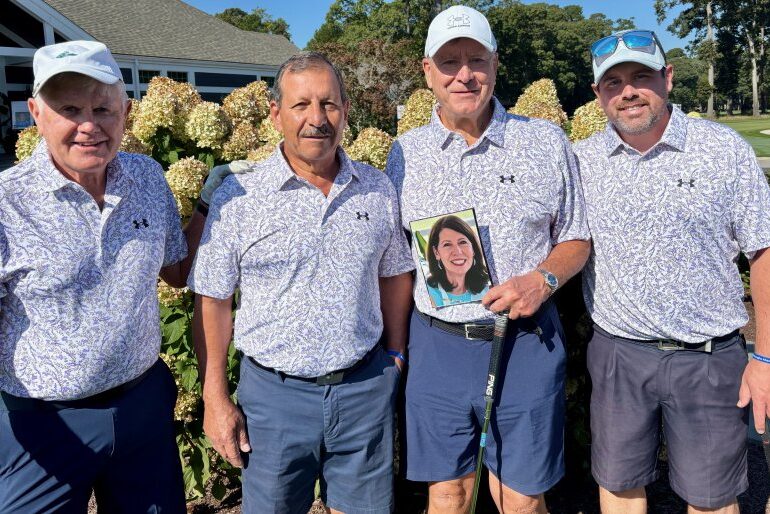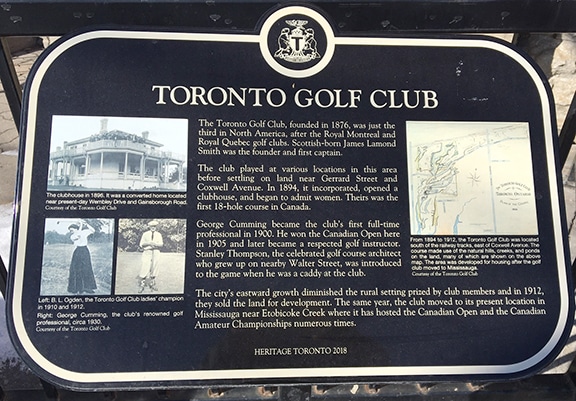The Supreme Court of Canada has denied the City of Ottawa leave to appeal an Ontario ruling that declared certain provisions in a contract between the original owners of a Kanata golf course and the former city of Kanata to be invalid.
As is the Supreme Court’s usual practice, no reasons are given on applications for leave to appeal.
The ruling is the latest development in a tussle between protecting green space and allowing for intensification involving the Kanata Golf and Country Club in Kanata Lakes.
When Campeau Corp. negotiated with the former city of Kanata to build the course in 1981, one of the conditions was that at least 40 per cent of the property would remain open space.
The “40-per-cent agreement” laid out a commitment to include the golf course lands in protecting natural space during development and allowing the city to take over that land for recreational activities if the owner no longer wanted to operate a golf course.
Kanata was amalgamated into the City of Ottawa in 2001. ClubLink purchased the property in 1997. In 2018, concerned with the future of the golf business, ClubLink announced plans to redevelop the lands, including about 1,500 housing units with development partners Richcraft Homes and Minto Communities while setting aside 32 per cent of the site for parks, woods and open spaces.
The proposal set off a firestorm of controversy about stormwater management and fears that the site couldn’t withstand so much development.
In a joint statement Thursday, Mayor Mark Sutcliffe and Kanata North Coun. Cathy Curry said they were “deeply disappointed” by the Supreme Court’s decision.
“We want to assure residents that we will continue to use all of the tools at the city’s disposal to ensure the commitment made to the community in 1981 is upheld. The city’s position is clear: we will not grant any of the easements that would be necessary for the site’s development,” the statement said.
“Furthermore, we will work with the (National Capital Commission) to ensure they support the city’s decision. We are committed to saying yes to responsible development throughout Ottawa, but for many reasons this project does not meet that standard. We look forward to hearing from the community as we assess the city’s next steps and continue to work together with the community in their best interests.”
There have been a series of court decisions, most recently on Jan. 21, when the Court of Appeal for Ontario found certain contractual provisions related to the golf course lands to be void and unenforceable.
The appeal panel of three judges said its decision was in keeping with a 2022 ruling by the Ontario Land Tribunal that suggested the ClubLink proposal represented good neighbourhood planning. In 2023, an Ontario Superior Court ruling determined that ClubLink shouldn’t be “saddled with a perpetual obligation” to operate a golf facility.

A November 2021 file photo of the Kanata Golf and Country Club.
In February, interim city solicitor Stuart Huxley said the city would file an application to seek leave to appeal to the Supreme Court of Canada.
Municipalities must be able to make long-term decisions through agreements with confidence that they will be binding to allow for long-term policy and planning objectives to endure, Huxley said at the time.
“Allowing the current ruling to stand could have far reaching consequences for municipal governance, contract enforcement, and public trust in these decision-making and implementation processes.”
Huxley said Thursday the Supreme Court ruling meant it would not allow a hearing on the merits of the requested appeal.
“As the Supreme Court is the highest court, today’s decision ends this litigation,” he said in a memo to Sutcliffe and city councillors.
“As for any next steps relating to the subject lands, I note that any consideration of development would be subject to applicable approvals, all of which would have regards to and respect the city’s existing infrastructure on the lands,” Huxley said.
“The city has indicated to ClubLink that it is not prepared to alter any existing assessments to permit the redevelopment to take place. Further, approval from the National Capital Commission would be required in respect to the stormwater outlet.”
In an interview, Curry said residents had hoped the Supreme Court would hear the appeal to provide clarity on a broad range of issues around land contracts.
“There are all kinds of land agreements that have language around ‘in perpetuity,’” Curry said. “It affects all agreements. It affects every contract ever written.”
Barbara Ramsay, chair of the Kanata Greenspace Protection Coalition, a community group that had intervener status in the court process, said the Supreme Court ruling was the resolution to the 40-per-cent agreement, but it was not the end of the process.

Barbara Ramsay, chair of the Kanata Greenspace Protection Coalition, says the Supreme Court ruling is the resolution to the 40-per-cent agreement, but not the end of the process.
There are other decisions to be made at other levels of government, including issues around provincially significant wetlands and NCC lands, she said.
For example, the golf course performs a stormwater-management function for the area. When there is heavy rain, the golf course lands turn into a “lake,” Ramsay added said.
ClubLink also still needs to have an agreement with the City of Ottawa on 190-plus design and engineering clauses that the Ontario Land Tribunal panel ordered be addressed, including the stormwater-management plan, Ramsay said.
“The issue is not a NIMBY issue. It’s an issue of proposing development and protecting the sustainability of the existing community,” she said.
In a website called “Kanata possibilities,” ClubLink said the redevelopment project was “an opportunity to reimagine a significant piece of land inside Ottawa’s urban boundary and to explore how it can best serve residents and a changing, growing city for the next 50 years.”
ClubLink said it intended to dedicate more than 33 per cent of the property to high-quality, public accessible green space, including new parks, trails, ponds, and landscaped buffers, and would incorporate a range of park spaces, while” utilizing stormwater-management ponds as community amenity areas to assist in facilitating a healthy environment.”
It is still early days in the process, said ClubLink, which owns more than 50 golf courses in Ontario, Quebec and Florida.
“We know that this project will be made better with the input of residents.”
Our website is your destination for up-to-the-minute news, so make sure to bookmark our homepage and sign up for our newsletters so we can keep you informed.
With Postmedia files
Related







